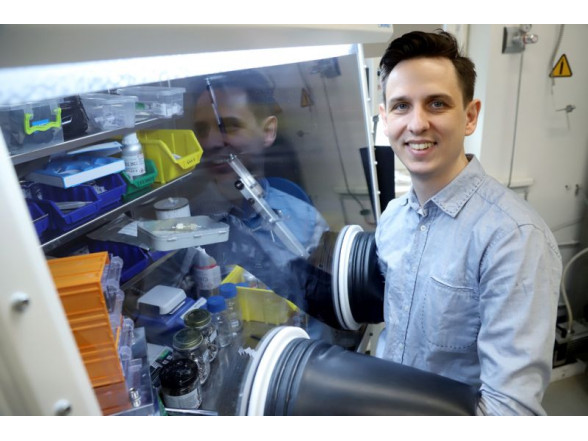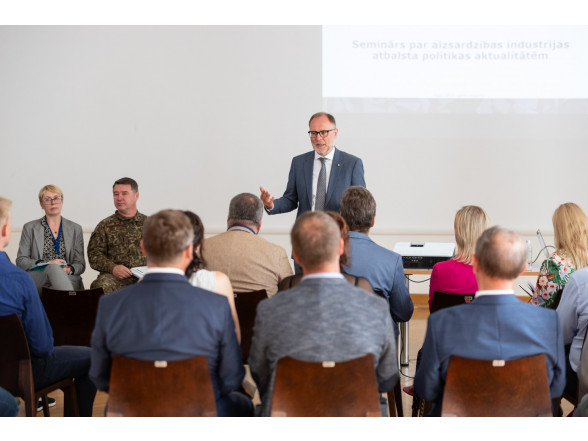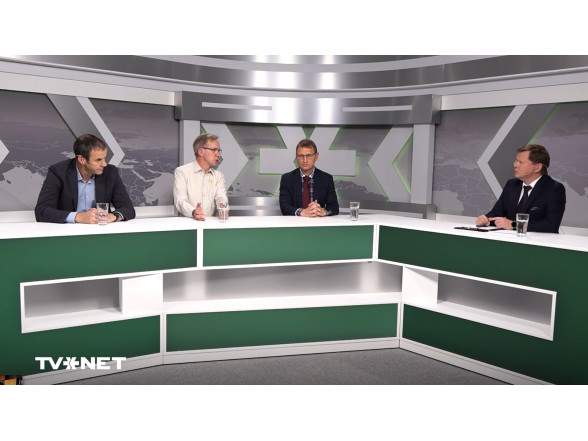The latest issue of the Latvian Academy of Sciences (LAS) newspaper "Zinātnes Vēstnesis," dated April 2024, features an interview with Dr. Phys. Gints Kučinskis, the head of the ISSP UL Energy Materials Laboratory. He is one of the Latvian scientific achievers recognized by LAS and has been awarded the W. von Siemens Excellence Award and the Annual Energy Award for young scientists, among other accolades. Additionally, he is the face of November in the 2024 “Research Latvia” science calendar.
In the interview, Dr. Kučinskis discusses his initial interest in physics, his current research pursuits, the appeal of a scientific career for young researchers in Latvia, his experiences working abroad and subsequent return to Latvia, science funding in the country, and his interests outside of work.
Gints Kučinskis emphasizes the importance of communicating scientific achievements to fellow researchers and industry professionals and to the broader society, highlighting that the public, as well as taxpayers, play a significant role in supporting scientific endeavors.
Among various fields of study, Dr. Kučinskis finds battery research particularly compelling due to its relevance in the face of rapid technological advancements and future opportunities. His passion for scientific work stems from a desire to contribute to society and innovate. He believes that technology enhances our lives and that science plays a crucial role in developing new technologies.
When asked about his aspirations, the researcher expresses his commitment to advancing solutions for generating and storing renewable energy, with a focus on the crucial role of batteries in this context. He underscores the necessity of finding efficient energy storage methods to harness the intermittent nature of solar and wind power. He is proud of the dedicated team of researchers at ISSP UL who are exploring innovative solutions, such as lithium-ion batteries and hydrogen energy, to address these challenges. He envisions their work making a meaningful impact not only in Latvia but also on a broader European and global scale.



